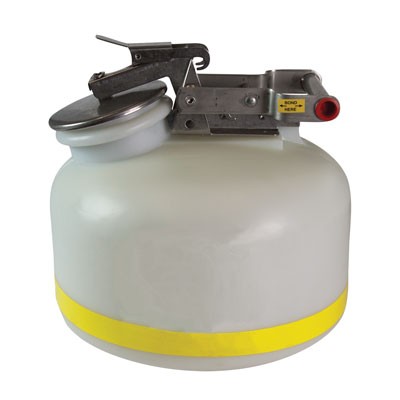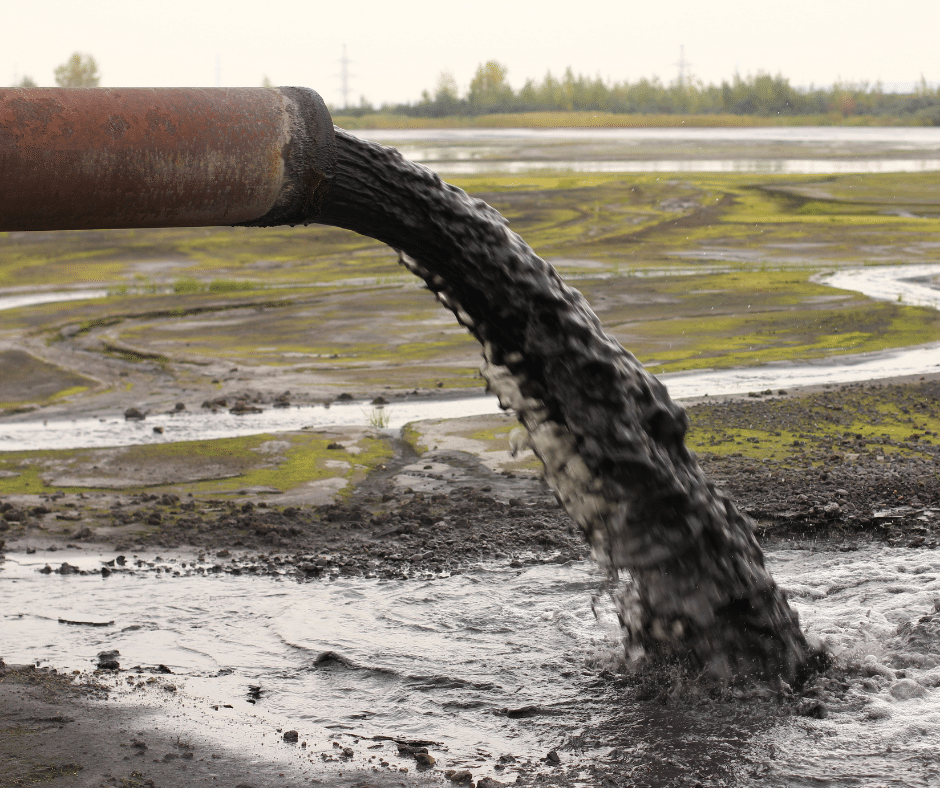Comprehending the Comprehensive Refine of Fluid Garbage Disposal: Finest Practices and Environmental Influence Factors To Consider
The monitoring of fluid garbage disposal is a complex concern that calls for a comprehensive understanding of different ideal methods and their connected environmental influences. From the kinds of fluid waste produced to the methods utilized for collection, treatment, and last disposal, each action plays a vital function in guarding ecosystems and public wellness. As governing standards advance and innovation advancements, the discussion around these procedures ends up being increasingly relevant. What implications do these modifications hold for future sustainability initiatives, and exactly how can stakeholders make sure that they are effectively dealt with?
Sorts Of Fluid Waste
Comprehending the numerous kinds of liquid waste is important for effective administration and disposal techniques. Liquid waste can be generally classified right into several types, each calling for one-of-a-kind handling and treatment methods.
Industrial fluid waste commonly has harmful products, including hefty metals, solvents, and chemicals, created during producing processes. These wastes necessitate strict governing compliance to secure human health and the atmosphere. Domestic fluid waste mainly describes wastewater created from houses, including sewer and greywater, which, although less hazardous, can still present significant risks if poorly managed.
Agricultural liquid waste, including runoff from farms, frequently has fertilizers and chemicals that can lead to environmental deterioration otherwise dealt with effectively. Clinical liquid waste, generated from healthcare centers, includes contaminated fluids such as physical fluids and chemicals, requiring specialized disposal methods to protect against infection and environmental contamination.
Last but not least, oil and oil waste, typically produced by restaurants and automobile markets, can trigger serious blockages in sewer systems if not taken care of effectively. Recognizing these categories assists in targeted techniques for treatment, compliance with regulations, and efficient disposal methods, ultimately advertising environmental sustainability and public health and wellness safety.

Collection Approaches
Efficient collection methods are critical for the appropriate monitoring of fluid waste, making sure that it is collected securely and efficiently prior to treatment or disposal. Numerous techniques are used depending upon the kind of liquid waste created, the volume, and the details characteristics of the waste.
One usual technique is using specialized collection tanks or sumps, which are created to catch fluid waste at the resource. These systems commonly integrate pumps that promote the transfer of waste to larger storage space containers or treatment facilities. Furthermore, mobile collection devices geared up with vacuum cleaner innovation are utilized in circumstances where waste is generated intermittently or in hard-to-reach locations.
For industrial setups, closed-loop systems can effectively decrease spills and leakages, permitting the healing and reuse of fluid waste. It is also necessary to train employees on correct collection methods to alleviate risks related to dangerous substances.
Moreover, implementing routine upkeep schedules for collection devices makes sure optimum efficiency and security. The combination of sophisticated surveillance systems can boost collection performance by offering real-time data on waste degrees and possible hazards. On the whole, reliable collection approaches are fundamental to lasting liquid waste administration methods.
Therapy Processes
Therapy procedures play an important function in the administration of liquid waste, changing possibly unsafe products right into safe effluents or recyclable resources - liquid waste disposal. These processes can be extensively categorized into physical, chemical, and organic methods, each tailored to address specific impurities existing in the waste stream
Physical therapy approaches, such as sedimentation and purification, job by getting rid of put on hold solids and particle matter. These techniques are commonly the very first step in the treatment chain, effectively reducing the load on succeeding procedures. Chemical therapies include using reagents to counteract dangerous compounds, precipitate hefty steels, or oxidize natural contaminants, thereby boosting the safety and security of the effluent.
Organic therapy processes, including activated sludge systems and anaerobic digestion, utilize on the natural abilities of microbes to break down raw material. These methods are especially effective for wastewater consisting of naturally degradable contaminants. Advanced therapy modern technologies, such as membrane layer purification and advanced oxidation procedures, are progressively employed to attain higher degrees of filtration.
Including a combination of these therapy techniques not only makes sure compliance with governing standards however likewise advertises ecological sustainability by recovering beneficial resources from liquid waste.
Disposal Options
Just how can organizations make certain the safe and liable disposal of fluid waste? Effective disposal alternatives are crucial for safeguarding public health and wellness and the setting. The main approaches consist of land incineration, treatment, and disposal complied with by discharge into local wastewater systems.
Land disposal involves the careful control of liquid waste in designated landfills, guaranteeing that it does not seep into surrounding soil or water. Incineration, on the various other hand, subjects liquid waste to heats, transforming it into ash and gases, which call for correct purification to reduce exhausts. This approach is suitable for dangerous wastes that can not be treated via typical means.
In cases where liquid waste can be dealt with, organizations may choose chemical or biological treatment procedures to reduce the effects of damaging components before releasing the treated effluent into community systems. This path typically lines up with regulatory needs, ensuring that the effluent satisfies safety requirements.
Eventually, organizations must perform detailed assessments of each disposal option to identify its viability, considering elements such as waste make-up, regulative conformity, and potential dangers to wellness and the setting. By choosing suitable disposal methods, companies can add to a liable waste management technique.
Ecological Influence
The environmental impact of fluid waste disposal is an important consideration for companies looking for to reduce their environmental footprint. Improper disposal methods can bring about substantial contamination of water resources, soil degradation, and unfavorable effects on regional environments. For example, harmful fluids can seep right into groundwater, posturing risks to alcohol consumption water supplies and aquatic life. Additionally, the discharge of neglected or inadequately treated waste into surface waters can helpful resources cause eutrophication, leading to oxygen depletion and the succeeding death of fish and various other microorganisms.

To minimize these influences, companies need to take on best techniques such as implementing strenuous waste therapy procedures, advertising recycling and reuse, and adhering to regulatory standards. By taking a proactive technique to fluid waste management, entities can dramatically reduce their ecological footprint while supporting sustainable advancement objectives. Inevitably, a detailed understanding of the ecological impacts related to fluid garbage disposal is necessary for educated decision-making and accountable stewardship of natural deposits.
Final Thought
Efficient administration of liquid waste is important for guarding environmental stability and public health and wellness. By embracing ideal methods in therapy, disposal, and collection, alongside adherence to regulative criteria, the capacity for hazardous contamination of environments can be considerably lowered. Continual improvements in technology and procedures contribute to lasting waste monitoring initiatives. Inevitably, a thorough understanding of liquid garbage disposal not just alleviates ecological influences however likewise cultivates a dedication to liable source administration and ecological stewardship.
The monitoring of fluid waste disposal is a complex issue that calls for a complete understanding of numerous best techniques and their associated environmental influences. From the kinds of fluid waste created to the techniques employed for collection, treatment, and final disposal, each action plays a critical role in securing communities and public health.The Web Site environmental influence of liquid waste disposal is an important factor to consider for companies seeking to minimize their eco-friendly footprint. Ultimately, a thorough understanding of the ecological influences associated with liquid waste disposal is vital for notified decision-making and accountable stewardship of all-natural resources.
Inevitably, a comprehensive understanding of fluid waste disposal not only alleviates ecological impacts but also cultivates a commitment to responsible source management and environmental stewardship.
Comments on “Comprehensive Liquid Waste Disposal: Solutions for Residences and Organizations”